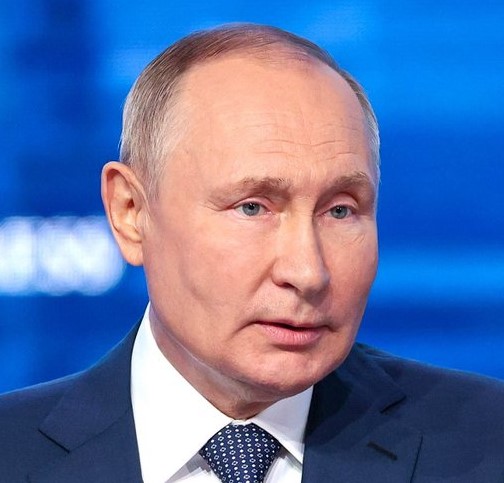The court registered a claim for bankruptcy of St. Petersburg Exchange

The Moscow Arbitration Court registered a claim for bankruptcy of the St. Petersburg Exchange, it follows from the data of the Arbitration Case File.
The application was registered on November 24 and has not yet been accepted for processing. The defendant in the case is the legal entity of the exchange - PJSC SPB Exchange.
The plaintiff is not identified, and the case file does not disclose the amount of claims against the company. In the St. Petersburg Exchange card on Fedresurs there are no messages about the intentions of any of the debtors or the platform itself to file a claim to declare the company insolvent.
The lawsuit was not filed by the site itself. “SPB Exchange did not file for bankruptcy. SPB Exchange has a stable financial condition, there are no signs of bankruptcy,” its representative told RBC. Amid news of the lawsuit, the site’s shares fell, at one point the collapse reached 34%. Then they started rebuilding.
RBC sent a request to the Bank of Russia.
At the beginning of November, the St. Petersburg Exchange, which specializes in trading foreign securities, came under blocking American sanctions , which means complete isolation of the site from the dollar system and assets denominated in this currency. After being included in the SDN list, trading on the site in all instruments (including those not denominated in US dollars ) was stopped. Currently, investors have access to transactions only with Russian securities.
Read PionerProdukt .by How the richest self-made American woman made billions in IT before turning 80. Some of the relocants returned to Russia. Why the “developed world” turned out to be worse Why soy sauce in your refrigerator is harmful and where to look for healthy soy How technology will help attract talented specialistsAlong with adding the site to the sanctions list, the US Treasury issued a general license to complete the relationship with the exchange until January 31, 2024 . But it is not yet clear whether it will allow the assets of Russian investors to be unblocked. The new General Director of the St. Petersburg Exchange, Evgeny Serdyukov, noted that, together with sanctions lawyers, work is now underway to unfreeze clients’ assets.
Earlier, First Deputy Chairman of the Bank of Russia Vladimir Chistyukhin noted that “the shareholders and management of the St. Petersburg Exchange will face a very serious challenge regarding the long-term viability of this institution.” He also expressed concerns about the continued operation of the site with non-American, friendly securities, since “our partners are very cautious about interacting with those companies that are under sanctions.”
After the exchange came under sanctions, Serdyukov stated that, as part of the new strategy, the platform will continue to develop projects in the Russian financial market and will focus on trading assets with settlements in Russian rubles.
What could a bankruptcy claim against St. Petersburg Exchange mean?To initiate a bankruptcy case, it is necessary to go through preliminary publications in special registers, in particular on the Fedresurs website, notes Denis Primakov, head of the Sanctions Law and Compliance practice at the KIAP law office. In this case, there are no such messages, so this is a violation of filing a claim, the expert states.
“But for those who filed a lawsuit, it is not the decision itself that is important; no one is seeking bankruptcy of the exchange. What was important was the speculative fall - one of the individuals “shorted” the position (sold borrowed assets in order to make money on the fall in price . -) and on the fall and earned 20%,” Primakov is sure.
Artem Denisov, managing partner of the Genesis law firm, also agrees that filing a bankruptcy claim may be related to manipulations at the auction. “It was a planned action , as a result of which the stock exchange shares immediately fell by 35%. Those who benefited from this were those who traded stocks mainly on short positions. That is, someone made very good money on the decline and rebound. Therefore, we can conclude that this manipulation was planned intentionally,” the expert believes.
After the shares of the St. Petersburg Exchange fell sharply, the Moscow Exchange, which trades them, introduced a discrete auction for them - a special trading mode in which transactions go through a central counterparty. This mechanism replaces the suspension of trading in conditions of abnormal jumps in securities. RBC sent a request to the Moscow Exchange about plans for additional analysis of the situation that developed during morning trading.























































